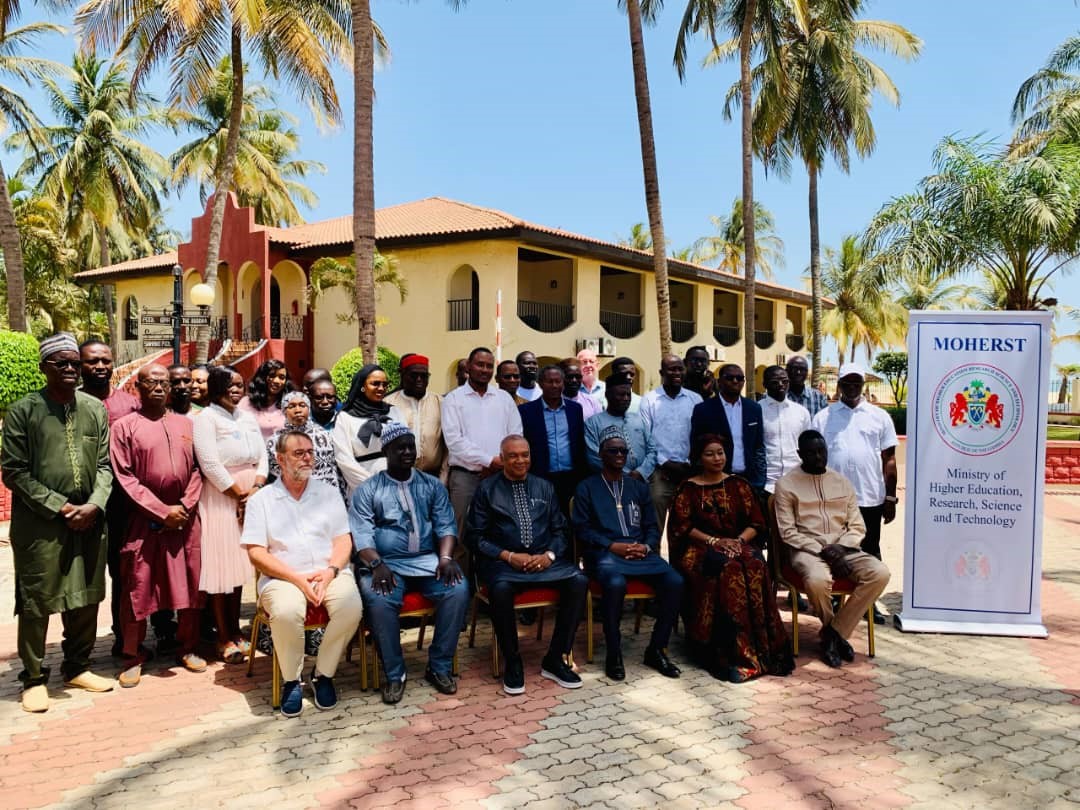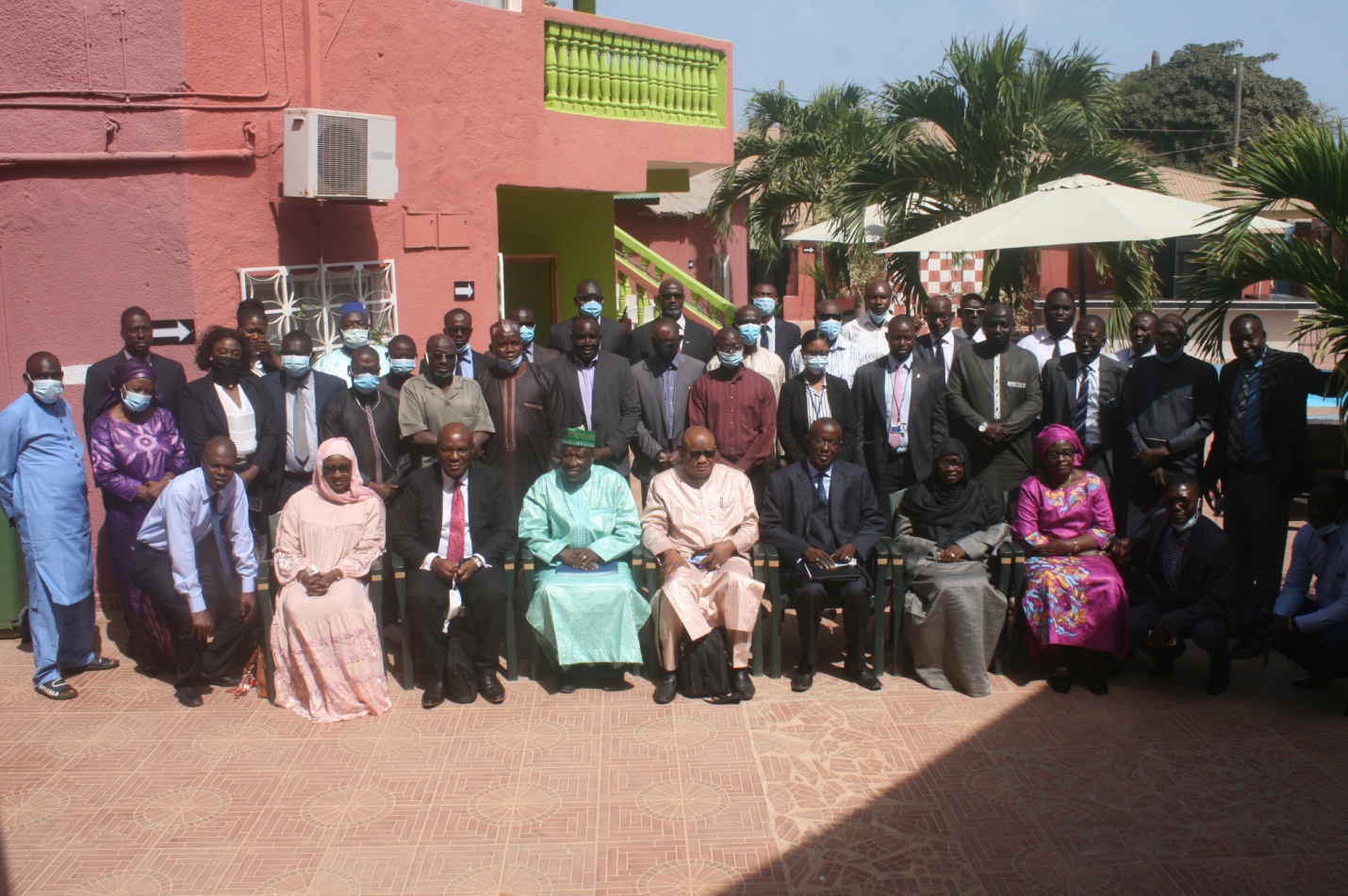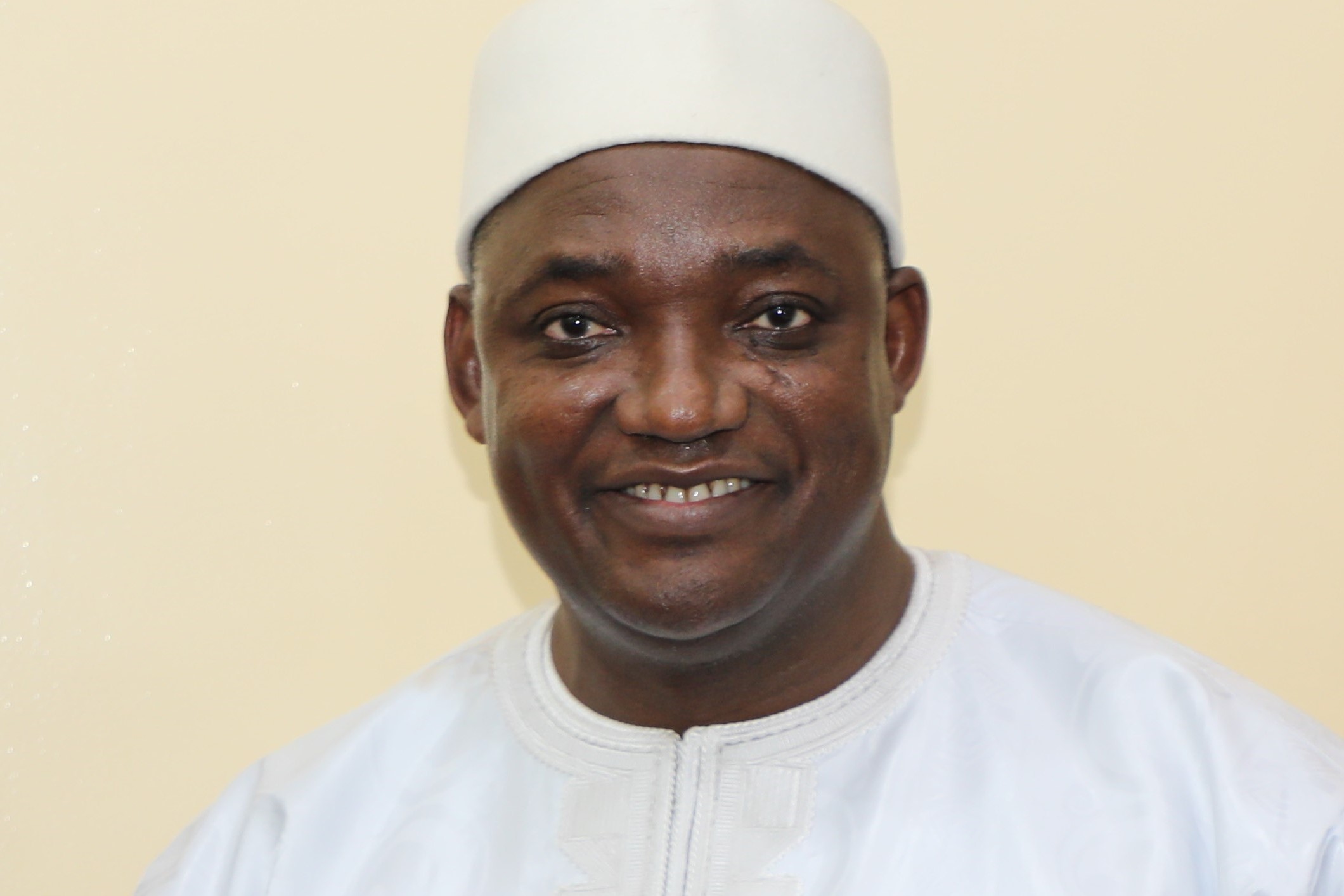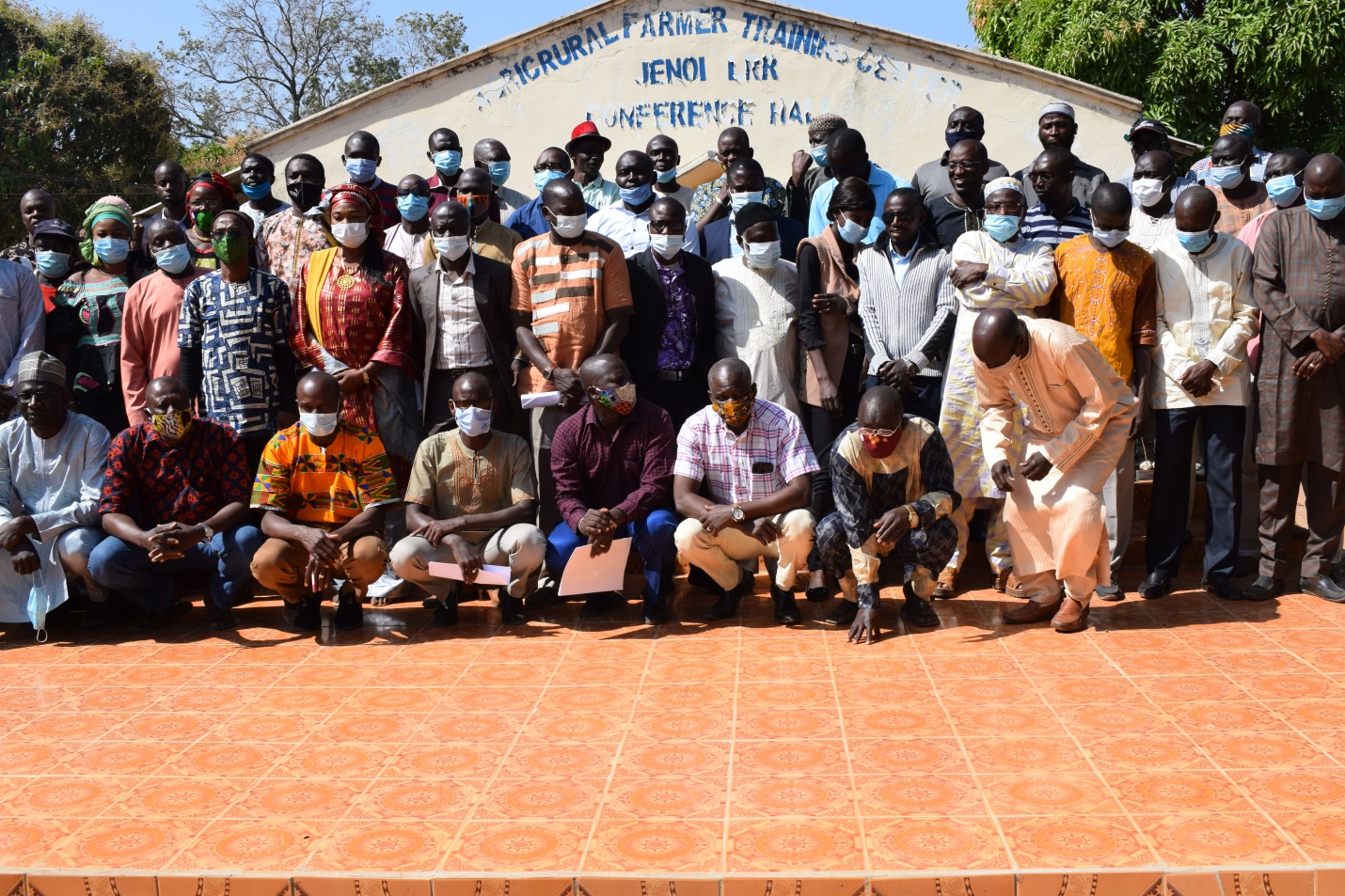By: Isatou Sarr
The Ministry of Higher Education, Research, Science and Technology (MoHERST) is setting its sights on transforming The Gambia into a regional hub for agribusiness and fisheries education through the establishment of two Centres of Excellence.
On Wednesday April 16, a validation workshop was held at the Ocean Bay Hotel for the Strategic Improvement Plan (SIP) of the two Technical and Vocational Education and Training (TVET) Centres of Excellence in Agribusiness and Fisheries. The initiative is supported by the World Bank under the Resilience, Inclusion, Skills and Equity (RISE) Project, coordinated through the Ministry of Finance and Economic Affairs (MoFEA).
The SIP outlines key strategies aimed at improving training programs, strengthening governance structures, building infrastructure, and enhancing professional capacity in both sectors. The plan also emphasizes entrepreneurship, community engagement, and closer ties with the private sector to boost relevance and job creation.
Speaking at the event, the Minister of Higher Education, Research, Science and Technology highlighted the urgency of investing in practical, skill-based education. “Education must make sense to us,” he said. “We didn’t go to school to wait for Russia and Ukraine to reconcile before we can feed ourselves. Science must be applied, then independence will be meaningful.”
He affirmed that construction of the centres must begin this year to meet the government’s 2026 development targets. “The Republic must serve its people by using expertise to guide the process,” he said, expressing confidence that the graduates from these centres will drive The Gambia’s development trajectory.
The Minister also linked this initiative to broader goals of academic and medical tourism. He noted that a $46 million state-of-the-art School of Medicine and Allied Health Sciences is already underway, and that the Centres of Excellence will position The Gambia as a leader in technical and professional education across the sub-region.
“What we are envisaging in The Gambia, many countries within ECOWAS do not have,” he said. “This centre will serve not only Gambians but the entire sub-region, bringing students to Banjul for quality education.”
The workshop allowed stakeholders to refine the SIP and ensure it aligns with national development goals, placing The Gambia on a firm path toward educational transformation and economic resilience.





